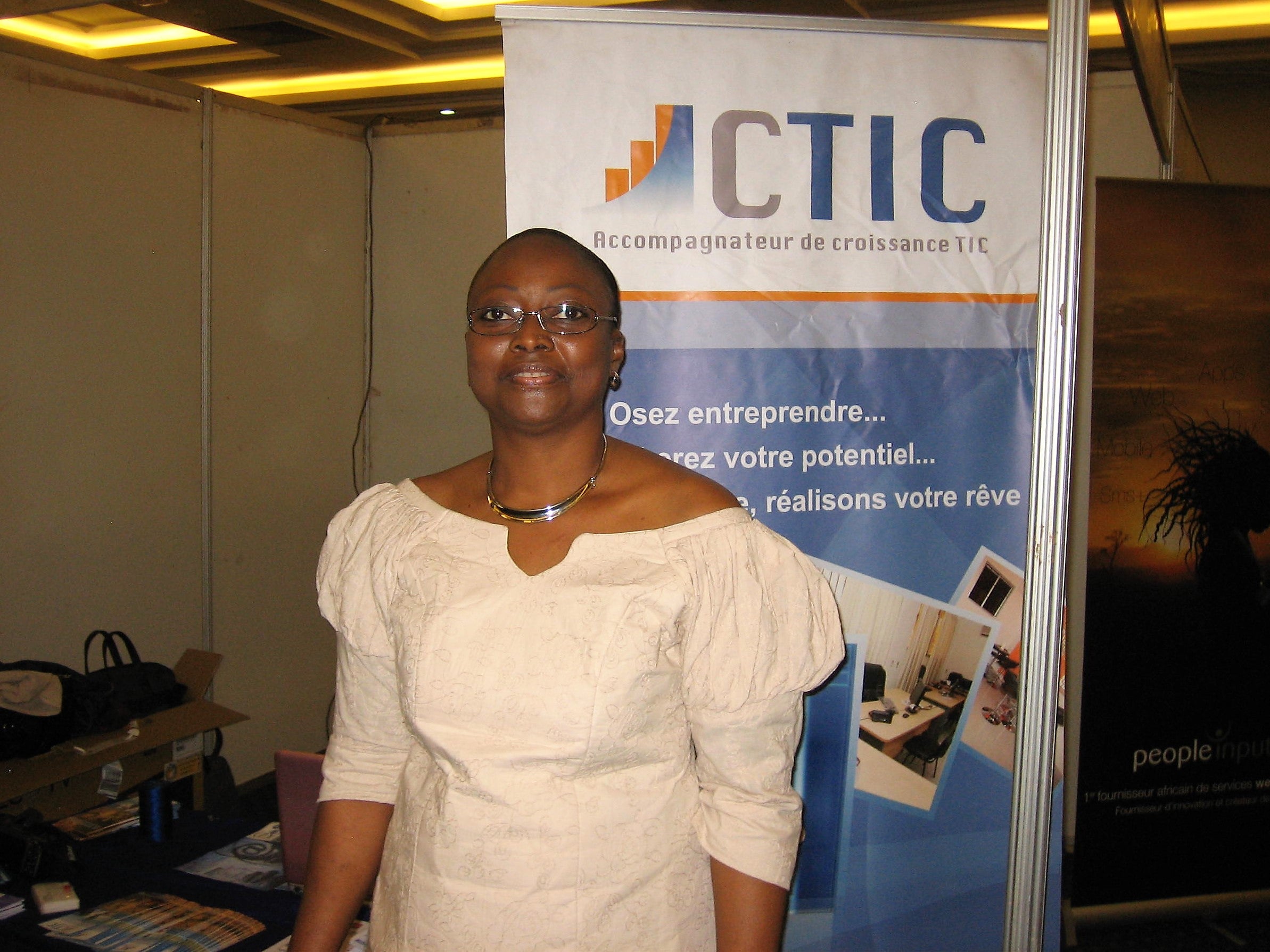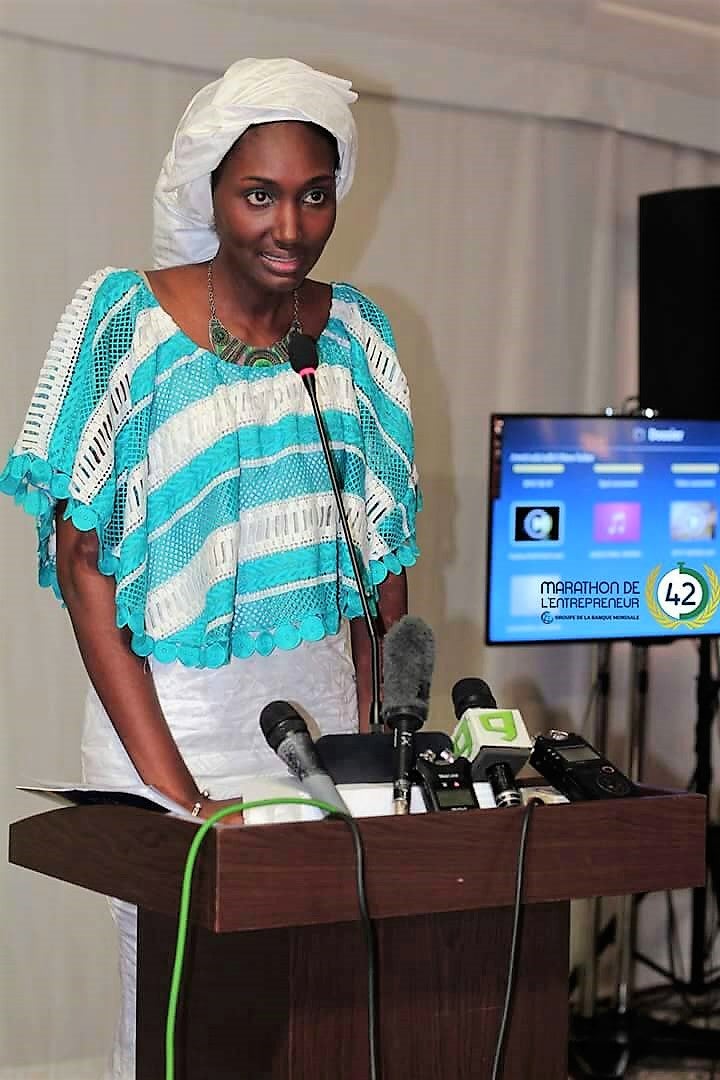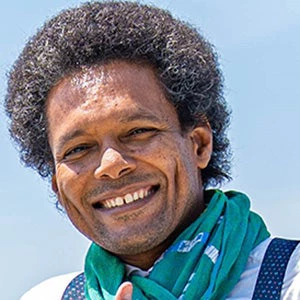Also available in: Français
Across West Africa, it’s very difficult to find a workplace as innovative and diverse as business incubators. Known for their young, energized, and often gender-balanced staff, these organizations are an encouraging indication of what’s in store in the coming decades, as the region presents a younger, more open, and increasingly female workforce to the world.
In francophone West Africa—where there was not a single incubator at the beginning of 2011—six young women are currently leading major incubators, some of which have World Bank Group support.
With backgrounds in computer science, engineering, finance, logistics, project management, and social entrepreneurship, these women have profiles that are just as varied and impressive as the start-ups they support . Given the World Bank Group’s commitment to promoting gender equality, as laid out in the Gender Strategy, our team talked to them to learn more about their work and leadership experience.

With support from the World Bank Group’s infoDev program, CTIC Dakar was the first incubator in francophone Africa and is currently led by Regina Mbodj. Like all of the CEOs we interviewed, she has extensive experience abroad. After studying computer science in South Africa and the United States, she returned home to Senegal to work in a business center. After working directly with start-ups as business development manager for three years, Regina was selected as CTIC Dakar’s CEO.

Photo © Hadina RIMTIC
Similarly, Mariem Kane and Aissata Lam, founders and presidents of Mauritania’s incubators iLab and Hadina RIMTIC, wanted to apply what they had observed abroad and bring it to their country. Mariem won a business plan competition while studying engineering in France and was selected to participate in the Young African Leadership Initiative (YALI) launched by President Obama in 2014. There, she presented her idea for a Mauritanian ICT incubator: “What I wanted to do here was public,” she notes. “In Europe and America, incubators tend to operate like pure businesses and are very bottom-line oriented. I wanted to build an organization that really sought to address problems at the societal level.”
iLab is an initiative of the Youth Chamber of Commerce. Working very closely with the private sector, Aissata Lam envisioned iLab as a place where young people could come to exchange their ideas and be taken seriously. She emphasized that one of the lab’s main purposes is to break down barriers between young people and professional settings: “Young people need to start feeling like we belong in a fancy office block too and it’s time we get used to being here.” Aissata cited the importance of building her own professional network after returning home before she could launch her idea of an incubator in Mauritania: “I wanted to bring this idea of networking that you see so much in America here.”
Fatoumata Guirassy, CEO of Guinea’s first green tech incubator Saboutech, is an entrepreneur herself. Before being selected to run Saboutech, she worked in both the fashion industry and the import-export sector in Côte d’Ivoire. In many ways, helping young entrepreneurs with their new businesses wasn’t new to her. Nevertheless, she’s excited to work more on the support side of entrepreneurship: “I recognize so many of the challenges I’ve faced myself.”
Lisa Barutel is the founder and CEO of La Fabrique in Burkina Faso. The only non-African national leading these six incubators, Lisa first came to Burkina Faso from France back in 2011 to coordinate an international competition in social entrepreneurship for recent graduates: “That was how I discovered Burkina Faso. I was really impressed by some applicants’ profiles and projects.” After two years volunteering with the business incubator at the Ecole 2iE in Ouagadougou, she launched her own start-up. “In that way, I really see myself as an entrepreneur. I’m here because I saw a lot of ideas and developments in the start-up scene that I thought I could contribute to with my social entrepreneurship background.”
Social entrepreneurship has also been the driving force of another incubator in Dakar, MakeSense Africa. “I think entrepreneurship is naturally social for Africans,” says Binta Ndiaye who, at just 24, is the youngest CEO we interviewed. “In both my African and religious culture, it’s so important to give back. So there’s no question of your business not being a social enterprise.” A Franco-Senegalese citizen, Binta worked with young people in low-income, often immigrant-dominated French banlieues to improve their ability to access job opportunities.
Like her counterparts, she cited concerns about migration and youth unemployment as the driving force behind her work with young people: “They think that going to France or America will solve all their problems and what we’re trying to show them with incubation and community engagement is that they can try something here and now, where they have the right to work and implement their ideas. Contribute something to the development of our country first, then you can do what you want.”
As Mariem notes, “there’s always been entrepreneurship in Africa, what’s new is that it’s now formalized; we’re seeing young people for the first time seizing on market opportunities and taking risks.”
They had much more to say about their businesses and industry, as we will see in the next blog post.



Join the Conversation